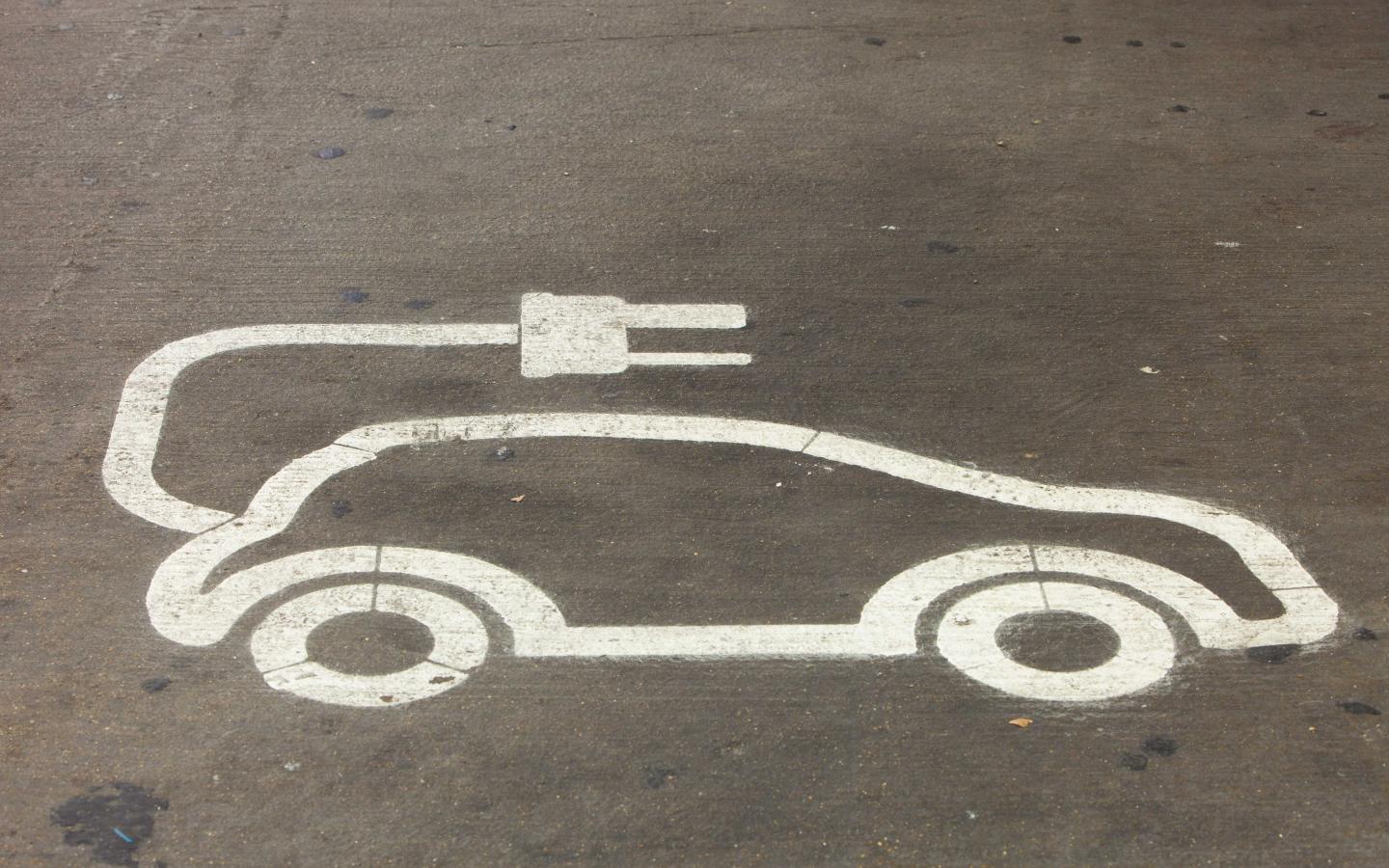E-mobility and Renewable Energy
How EVs could boost the rise of renewables - and vice versa
By Deepti Mahajan Mittal, PhD
Programme Leader – Climate & Energy
Emirates Wildlife Society in association with WWF (EWS-WWF)
To say that the remarkable recent growth of electric vehicles (EVs) has many of us – especially those working to clear the path for a low carbon future – rather excited would be an understatement. The developments of the past few years show that the world is waking up to the fact that the climate challenge we, as a planet, are facing cannot be solved without alternative vehicle technologies, especially considering that the transport sector currently accounts for 14 percent of global emissions, according to the Intergovernmental Panel on Climate Change (IPCC).
By now, policy makers in many parts of the world, including the UAE, have come to see the electrification of road transport as an essential component of sustainable transport planning. In recent years, the global stock of EVs has been rising at a serious clip: according to the International Renewable Energy Agency (IRENA), there were more than one million EVs on the road in 2015. That number doubled in 2016, with China, the US and a few European countries leading the way.

It seems the potential of EVs to help the world cut down on Greenhouse Gas (GHG) emissions is now clear to most. What is less widely known, however, is that the wide-scale uptake of EVs could also boost the rise of renewable energy – and vice versa. Here is how.
For renewable energy, one of the main challenges is its intermittent nature, the question always being: how do you maintain stability of supply when supply depends on variable energy sources such as sunlight and wind? While rapid strides are being made in energy storage technology, a part of the answer to this question could come from EVs.
First, EVs enable energy providers to design better ways to manage demand, mostly by using smart grids to give more control to customers, empowering them to make well-informed decisions – such as shifting their electricity consumption to off-peak hours. Second, EVs have the potential to bolster grid stability through innovative new tools such as Vehicle-to-Grid technology (V2G), which allows plugged-in EVs to feed electricity back into the grid as a reverse charge system. Think of every plugged in EV as a potential back-up battery.
To quote IRENA: “EVs create a paradigm shift for both the transport and power sectors; they can support variable renewable power growth through optimised charging schemes such as time-variable smart charging, and vehicle to grid electricity supply”.
Meanwhile, a common concern for owners and manufacturers of EVs is about “upstream” CO2 emissions; in other words, those embedded in the electricity generation mix powering them. This explains the growing popularity of EV charging stations powered exclusively by renewable energy, which are currently popping up in Europe, North America and beyond. As the share of renewables in the global energy mix grows, the concern over ‘upstream’ emissions is set to diminish, boosting the appeal of EVs for consumers and policy makers alike.
With the International Energy Agency (IEA) estimating that renewables will account for 30 percent of global power generation by 2022 and IRENA projecting there could be as many as 160 million EVs on the road by 2030, it is evident that the climate-saving potential offered by both EVs and renewables will be an important component of the global climate change mitigation effort. However, it is also clear that even more work remains to be done. After all, the national climate pledges made as part of the Paris Agreement currently only cover about one third of the emissions reductions needed to keep global warming well below 2 °C (UN Emissions Gap Report, 2017). To overcome this emissions gap, national climate pledges – including renewable energy targets and sustainable transport strategies – need to be implemented and progressively scaled up.
EWS-WWF, as the leading environmental not-for-profit organisation in the Arabian Gulf, actively supports the UAE’s energy transition through our work on renewable energy and sustainable transport. By setting out forward-thinking climate goals now, we can reduce vulnerabilities and deliver sustainable livelihoods for generations to come.
HOW TO GET INVOLVED
Together with our partners, we at EWS-WWF have a solid track record of creating and contributing to innovative, science-based policies to reduce carbon emissions. We actively welcome new partnerships to further accelerate the nation’s transition to a low carbon future.
If you are interested in supporting our climate and energy work, please don’t hesitate to contact us. The time for positive climate action is now!
DON’T MISS

Deepti Mahajan Mittal will be part of the opening panel of the inaugural edition of The Mobility Conference at at World Future Energy Summit 2018, on Thursday, 18 January 2018, alongside some of the region's leading sustainable transportation experts, to discuss the subject "From niche to mainstream: What are the challenges and opportunities for mass low emission vehicle adoption in the UAE?"
